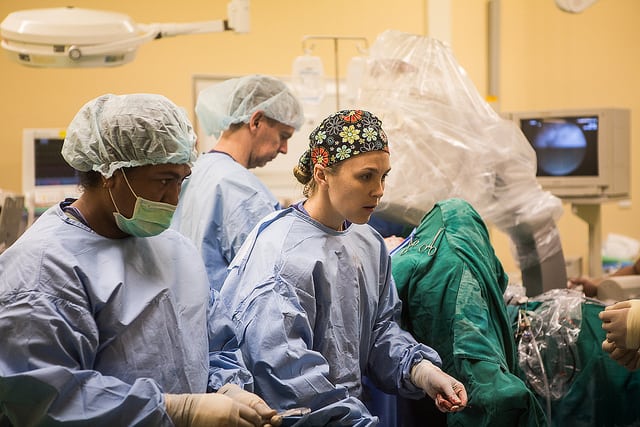What support can I get after a miscarriage?
Advice and support is available after a miscarriage from hospital counselling services and charity groups. You can contact Miscarriage Association (01924 200799) for support.
Short messages on Pregnancy from Respect Yourself, the guidance site for young people to help make good decisions in life.
Advice and support is available after a miscarriage from hospital counselling services and charity groups. You can contact Miscarriage Association (01924 200799) for support.
It is important to know that, whatever the cause, miscarriage is never anyone’s fault. If a miscarriage is going to happen, there is very little that anyone can do to stop it.
A miscarriage can be an emotionally and physically draining experience. You may feel shocked, distressed, angry or just numb after having a miscarriage. You may feel guilty, wondering whether your miscarriage was caused by anything you did or did not do.
If a miscarriage is confirmed, you’ll need to talk to your doctor or nurse about the options for the management of the end of the pregnancy.

If you have the symptoms of a miscarriage, you’ll usually be referred to a hospital for tests. In most cases, an ultrasound scan can determine whether the pregnancy is ongoing or you’re having a miscarriage.
For most women, a miscarriage is a one-off event and they go on to have a successful pregnancy in the future. Most women are able to have a healthy pregnancy after a miscarriage, even in cases of recurrent miscarriages.
The main sign of a miscarriage is vaginal bleeding, which may be followed by cramping and pain in your lower abdomen. However, light vaginal bleeding is quite common during the first 12 weeks and doesn’t necessarily mean you’re having a miscarriage.
There are probably many reasons why a miscarriage may happen, although the cause isn’t usually identified. The majority aren’t caused by anything the mother has done.
If a pregnancy ends before the 24th week, it is known as a miscarriage. Miscarriages are quite common in the first three months of pregnancy and around one in five confirmed pregnancies ends this way.
You can get pregnant even if you are breastfeeding your baby, and before your periods have restarted. If you are having sex and you don’t want to get pregnant you should start using contraception from three weeks after your baby is born, even if you are breastfeeding.